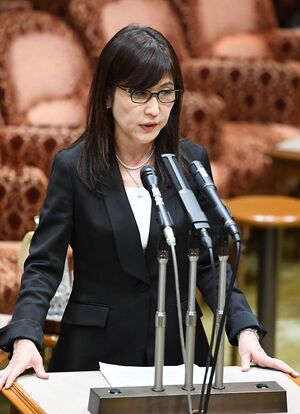Global Neoconservative Movement
The global neoconservative movement is a global political movement originating from four countries: Quenmin, Joyonghea, Concordia, Bethausia and the Holy Trabian Empire. It advocates and endorses neoconservative policies and viewpoints on foreign policy against the Autocratic East Europan Imperial Alliance and its allies. The movement also oversaw the rise and dominance of neoconservatism in such governments.
After the end of the Imperial Crisis, the Treaty of Tritannia was signed to by the East Europan government, leaving the nation intact with its incumbent monarch and government. Politicians from prominent Allied nations grew discontented and suspicious of the state of affairs, apprehensive about a resurgence of East Europa's aggressive power over the world, especially via its allies. Consequently, influential politicians such as succeeding Quenminese Prime Minister Quyền Phương Anh, succeeding Joyonghean Prime Minister Pan Nam-seon, succeeding Concordian Prime Minister Robert Starkweather, succeeding Bethausian Prime Minister Khaing Zeyar Zin and succeeding Trabian Prime Minister Raphaëlle Ménétries, have called upon the endorsement and practice of neoconservatism for the mutual sake of "preserving national sovereignty." Alongside this motive, the main notions that they push for is preemptive war and regime change against the Imperial Alliance and its allies. They also advocate the need for sacrificing civil liberties in order for the agenda to be implemented with little to no obstruction from the public.
Background
The Movement
Quenmin

